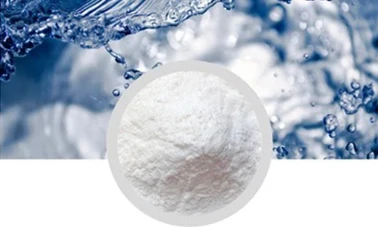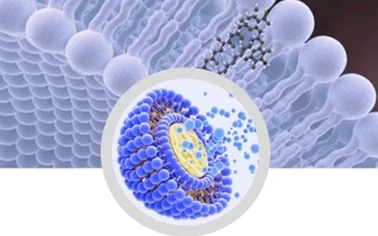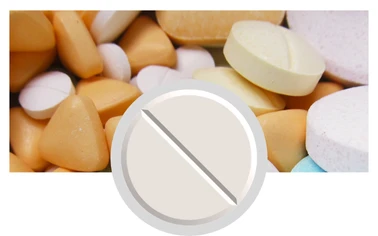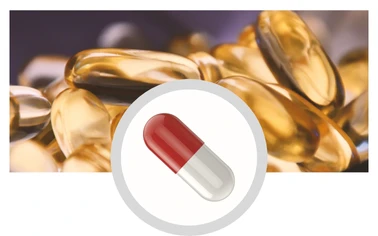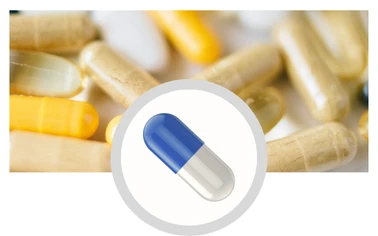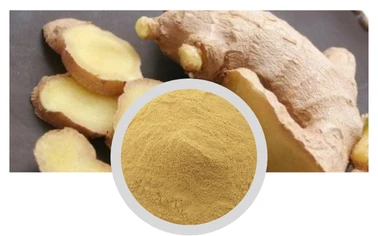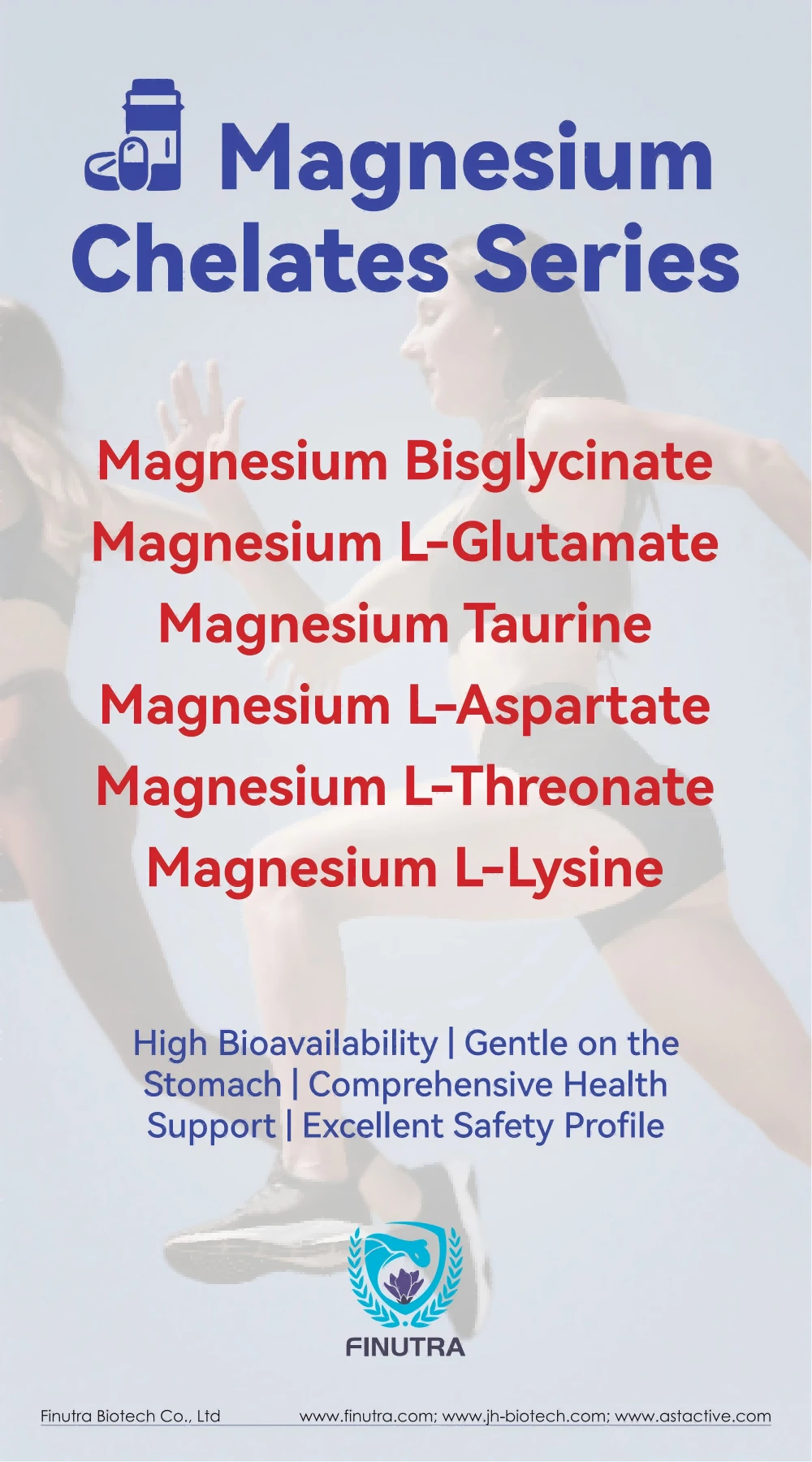
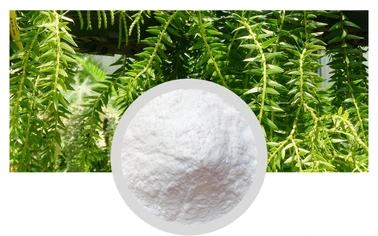
However, expertise from medical practitioners underscores the importance of personalized dosage. Factors such as age, underlying health conditions, and concurrent supplement or medication use must be considered. Health professionals advise starting at the lower end of the dosage spectrum, gradually increasing based on individual response and medical advice. Furthermore, combining apigenin with other bioflavonoids like quercetin may enhance its effectiveness, as they share synergistic properties. The authoritative voices in nutritional science encourage further research to solidify these findings. Studies are underway to establish a more precise dosage framework, particularly through long-term human trials. Meanwhile, existing literature recommends that the general population incorporate apigenin-rich foods into their diets, rather than relying solely on supplements, to achieve health benefits without exceeding safe intake levels. Building trust in apigenin supplements also involves scrutiny of product quality and sourcing. Consumers must ensure they purchase from reputable manufacturers who offer third-party testing to verify purity and potency. Transparency in labeling and adherence to good manufacturing practices are indicators of a trustworthy product. Additionally, real-world testimonials and peer-reviewed endorsements play crucial roles in gauging the credibility of apigenin supplements. In conclusion, while apigenin bears potential health benefits, determining the optimal dosage requires a balance of scientific evidence and individualized medical guidance. As research progresses, clear guidelines are expected to emerge, enhancing our understanding of how to harness apigenin's properties safely and effectively. Until then, informed choices based on current evidence and expert consultation remain the best strategy for those looking to incorporate apigenin into their health regimen.
Post time:Feb - 03 - 2025



